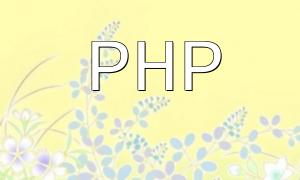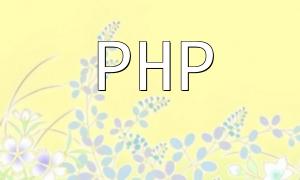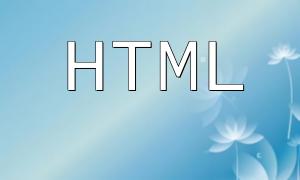When working with ThinkPHP, encountering problems is inevitable. How can you ask questions in a way that makes it easier for others to understand and help solve your issue quickly? This article shares some effective question-asking techniques to help you improve your problem-solving efficiency.
Before asking, it's important to have a clear understanding of the problem you're facing. Consider the following questions:
Understanding the background and specifics of your problem will help you describe it more accurately and provide more details, allowing others to better understand and solve the issue.
When asking questions, it's important to use precise and professional language. Using relevant technical terms will make it easier for others to understand your problem and provide accurate solutions. Avoid vague descriptions and ensure your language is concise and clear.
Providing as much relevant information as possible is very helpful when asking a question. Some essential information to include:
Providing these details will help others quickly understand and analyze your problem, leading to more accurate solutions.
Before asking, try to solve the problem on your own. Refer to the official documentation, read tutorials, or search for similar issues. This will not only improve your problem-solving skills but also save time for others. If you’ve already tried some solutions, explain what you’ve attempted and why it didn’t work. This helps others understand your efforts and provides them with better context for your issue.
Proper formatting and tagging are crucial when asking questions online. When describing code, use appropriate tags (e.g., ) to mark code snippets, which makes it easier for others to read and analyze your code.
By following the above question-asking techniques, you can not only improve your problem-solving abilities but also help others solve problems more efficiently. We hope these methods help you in your ThinkPHP learning journey.









